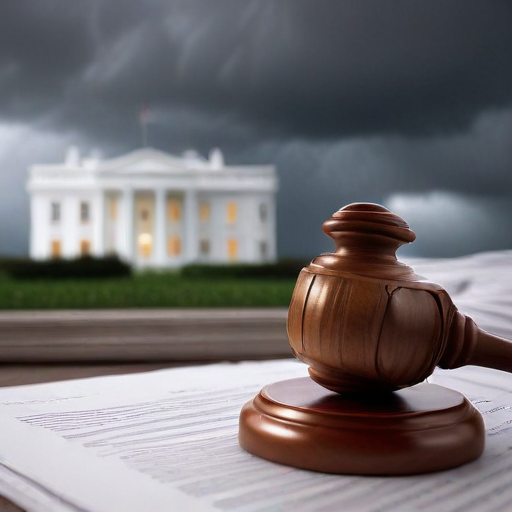Today, President Joseph R. Biden Jr. announced the issuance of a full and unconditional pardon for his son, Hunter Biden. In his statement, President Biden emphasized his commitment to allowing the Justice Department to operate independently since he took office. He expressed frustration over what he perceives as selective and unfair prosecution of his son, arguing that such treatment is not typically seen in similar cases involving tax issues or firearm charges without aggravating circumstances.
The President stated that the charges against Hunter Biden emerged from political pressures exerted by his congressional opponents, suggesting that this scrutiny was motivated by a desire to undermine him politically. He expressed disappointment that a previously negotiated plea deal fell apart amidst this political backdrop, contending that it would have provided a fair resolution to his son’s legal challenges.
Biden described his son’s struggles and noted that Hunter has maintained sobriety for over five years despite these challenges and ongoing scrutiny. He conveyed a deep sense of the emotional and personal toll on both himself and Hunter, arguing that the prosecution is not only an attack on his son but also an attack on him as a parent and a president.
In an official executive grant, President Biden outlined the parameters of the pardon, covering offenses committed by Hunter Biden from January 1, 2014, to December 1, 2024, including any charges that may have been pursued by Special Counsel David C. Weiss.
In summary, President Biden’s move to pardon Hunter reflects his strong belief in justice and fairness, highlighting a father’s concern for his child amid what he views as politically driven legal challenges. This decision may resonate with many who believe in the principle of familial support during challenging times, suggesting a hopeful perspective on healing and moving forward despite difficulties.
This pardon not only speaks volumes about the familial bond but also serves as a reminder of the importance of integrity in legal proceedings, advocating for fairness rather than perception or politics.
